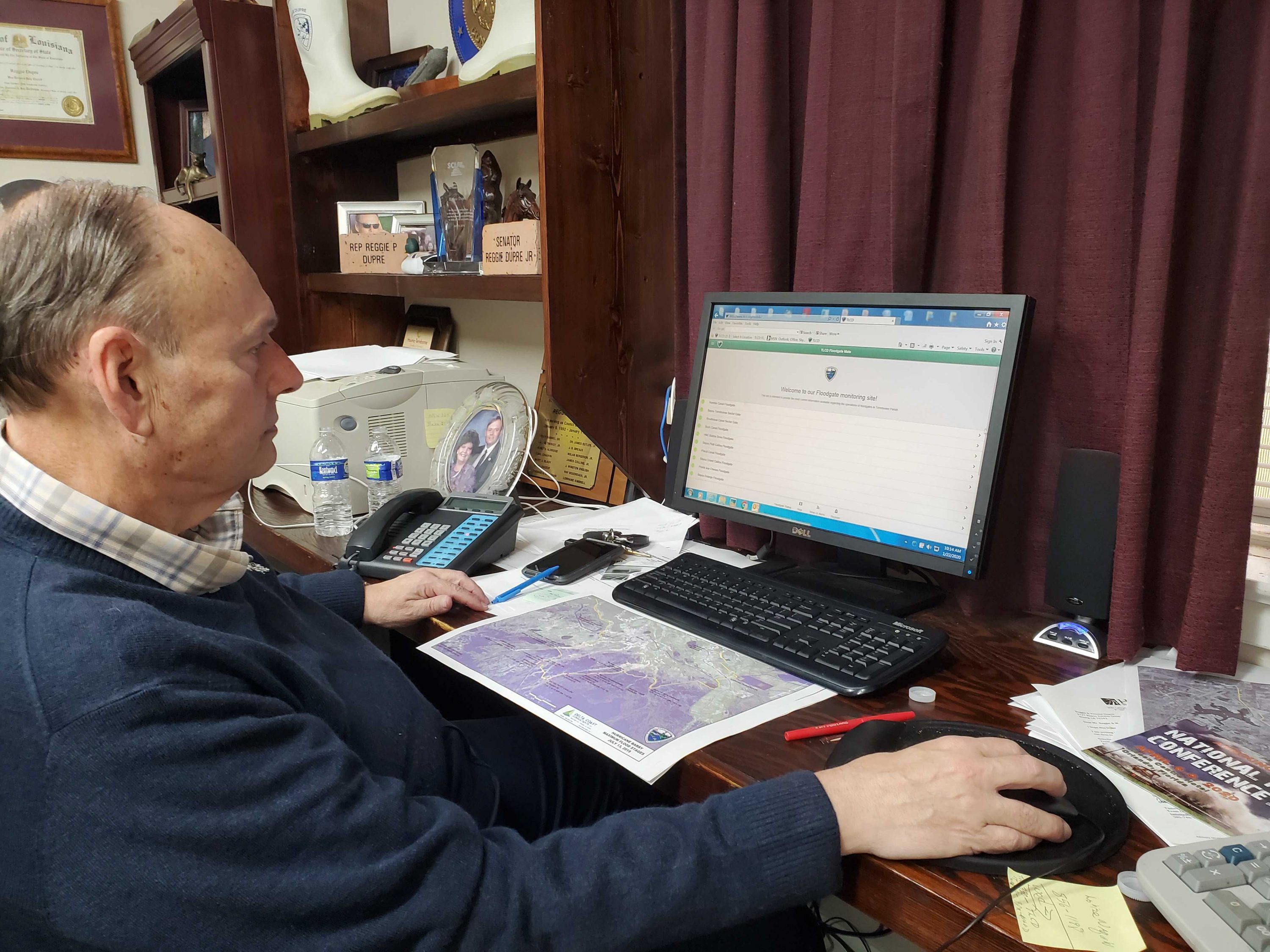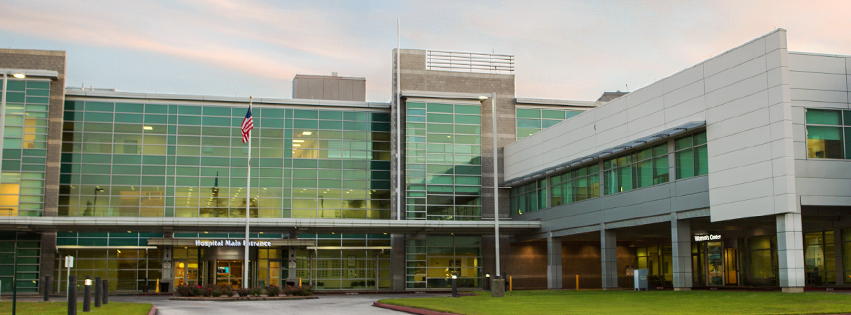
‘Contraband’ on the Bayou
January 23, 2020
Levee District shares new technology with public
January 23, 2020Many years ago, I spoke at a business gathering in Baton Rouge about the rapidly evolving workforce as the world approached the 21st century. Leading up to that event, the Hudson Institute published a report entitled, “Workforce 2000 – Work and Workers for the Twenty-First Century.” The report spotlighted the advancement of the American workforce as it transitions from a manufacturing-based economy to a technology and service-based economy.
According to the report, “Very few new jobs will be created for those who cannot read, follow directions, and use mathematics. Ironically, the demographic trends in the workforce, coupled with the higher skill requirements on the economy, will lead to both higher and lower unemployment – more joblessness among the least-skilled and less among the most educationally advanced.” In common parlance, we call this a skills gap.
We are now deep into the 21st century, and the predictions made in 1988 have achieved reality. The workforce has changed dramatically and will continue to shift as the world embraces an unprecedented technological transformation.
On your next visit to McDonald’s, witness the ordering kiosk. This automated system is intended to replace the human interface. Why? Because quality labor is both a scarce resource and a significant cost. With increasing pressure to raise the minimum wage, organizations will look to combat that effort by seeking ways to eliminate employees. The myopic and unintended consequences of minimum wage advocates will lead to fewer and fewer lower-level jobs. Moreover, these automated systems show up for work every day, do not complain, and never fail a drug test.
The automation phenomena are not isolated to the service industry. Manufacturing organizations are working daily to “engineer out” human factors. If a process is repetitive and mundane, look for it to automated, lessening employment opportunities for the under-skilled. “Upskilling” will become a significant emphasis for both employers and educational institutions.
Unlike the foretelling of Workforce 2000, the future is already here. More recently, I served on a conference panel discussing many of these pending workforce challenges. From that event, I noted several significant takeaways:
(1) Skills are the new currency – employers have a responsibility to ensure that their employees have the knowledge, skills, and abilities to function in an automated and digitized workplace.
(2) With the skilled talent pool shrinking, there will surface new social and economic realities, causing unrest among the under-employed and under-skilled population. This has the potential of creating greater polarization of society, those with and those without employable skills.
(3) Popularization efforts will rise, as individuals concerned about their future turn more and more to government and social welfare organizations for help and protection. This may lead to a stronger push for wage protection and preservation, which is fraught with previously stated unintended consequences.
With most everything, change is inevitable. No doubt, the workforce ten years from now will be very different than the workforce of today. The bottom line, visionary leadership will be more crucial than ever in carrying organizations through this ever-evolving workplace transformation.
When helping employees navigate through the rough waters of change, leaders must not only convey the “what” and “how” of the change process, they must also provide a clear insight into “why” the change is necessary. With a clear understanding, individuals are more likely to embrace their roles and willingly join the journey and prepare themselves for the future.
Ray Peters is MBA Director & Leadership Instructor at Nicholls State University. He can be reached at ray.peters@nicholls.edu.•







